The Morrison Swine Health Monitoring Project (MSHMP) helps identify industry needs via input from the project’s participants and other sources. Efforts to make the shared information more actionable to deliver increasing value to the US pork industry are shared in its recent report to the Swine Health Information Center. For example in 2020, Dr. Cesar A. Corzo, Associate Professor and Leman Chair in Swine Health and Productivity at the University of Minnesota Department of Veterinary Population Medicine, MSHMP coordinator, said they successfully built a system that allows the MSHMP team to quickly understand whether a porcine reproductive and respiratory virus (PRRSV) sequence they receive for review has been seen elsewhere. “We were able to build a robust database of PRRS sequences we can process, run a script, and tell quickly whether or not it resembles the one submitted,” he explained. “This process can give producers an answer within minutes, depending on when it was submitted.”
Dr. Corzo and the MSHMP team understand the urgency of outbreak investigations and are looking for similar ways to serve the industry with quality data. Another example is the development of PRRS strain analysis or regional heat maps that will enable timely visualization of disease movement or evolution.
In 2020, MSHMP also began finding the best, most appropriate methods for supporting collaboration of the multiple participants in the project. Participants contribute sequences, farm locations, and other data. When cases like a recent concerning PRRS sequence, 1-4-4 Lineage 1C, arise, participants are willing and interested in sharing information, feedback and continue to add more epidemiological information. “It’s motivating to see how great people are about coming together to fight swine disease,” Dr. Corzo remarked.
While PRRS information was the foundation of the database project for MSHMP, they have been able to expand to include porcine epidemic diarrhea virus (PEDV), Senecavirus A (SVA), and in 2020, Mycoplasma hyopneumoniae. “We are now working with IT to develop our capability for adding more pathogens to our database,” Dr. Corzo stated. “We are just a few clicks away from adding a pathogen, establishing the classification, and begin entering farm health status data from reporting systems.”
MSHMP began as a breeding farm monitoring project and as the system matures, it has been able to incorporate more non-breeding farm populations. Dr. Corzo says they have quite a few boar studs included in their database with PRRS status and plan to track those as time goes on, doing more analysis. He also hopes MSHMP soon will complete adding finishing sites as well.
Another new network MSHMP has begun following involves following livestock transportation trucks. One participating company has engaged with MSHMP so they are now able to track pig movement in real time from one farm to another. As a result, MSHMP knows how to get related data and analyze it. “Our dream is to see this with every single participant so we know where pigs are going,” Dr. Corzo said. “With this information, we will be able to understand regional risk.” In addition, network analysis is allowing MSHMP to further uncover the potential of transport data from a biosecurity compliance standpoint.
Overall, MSHMP continued to build and shape its network of participants as well as strengthen its database capabilities to be able to receive, analyze, and share information to help the US swine industry understand disease issues.
As the world deals with the COVID-19 pandemic, SHIC continues to focus efforts on prevention, preparedness, and response to novel and emerging swine disease for the benefit of US swine health. As a conduit of information and research, SHIC encourages sharing of its publications and research. Forward, reprint, and quote SHIC material freely. SHIC is funded by America’s pork producers to fulfill its mission to protect and enhance the health of the US swine herd. For more information, visit https://www.swinehealth.org or contact Dr. Sundberg at [email protected].
Copyright 2024 | Swinehealth.org | Website by Heartland Marketing Group